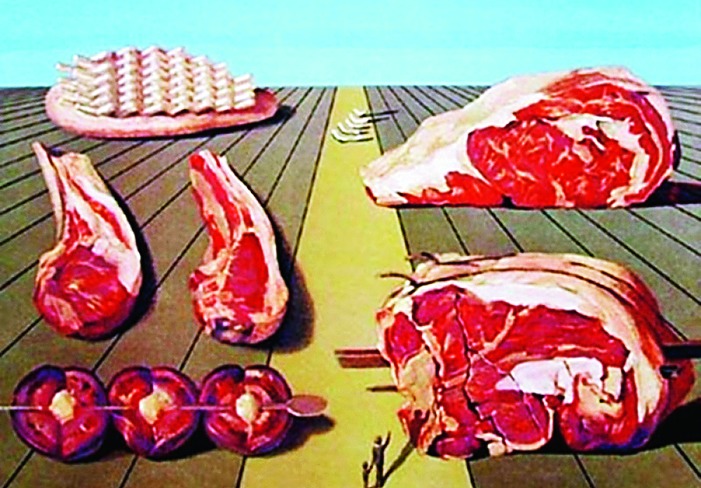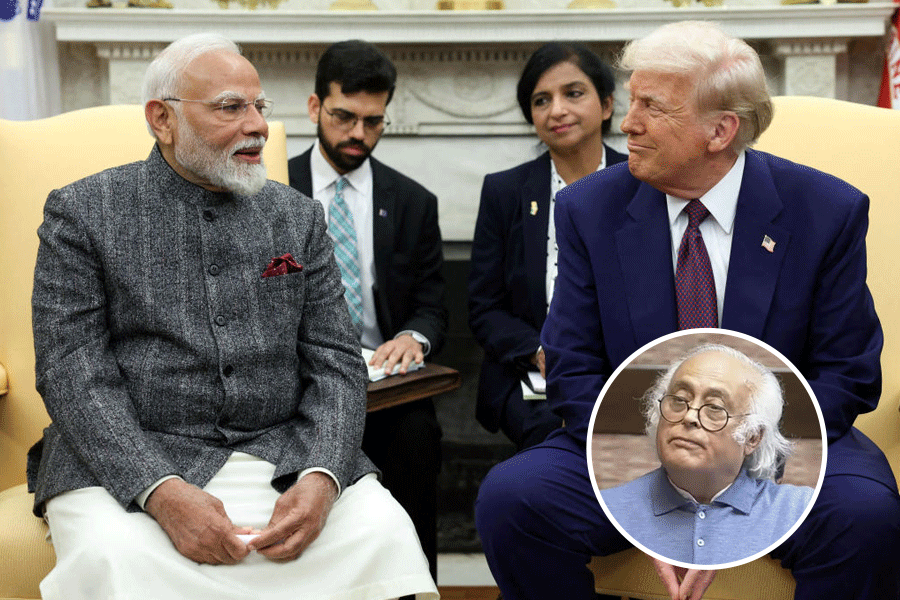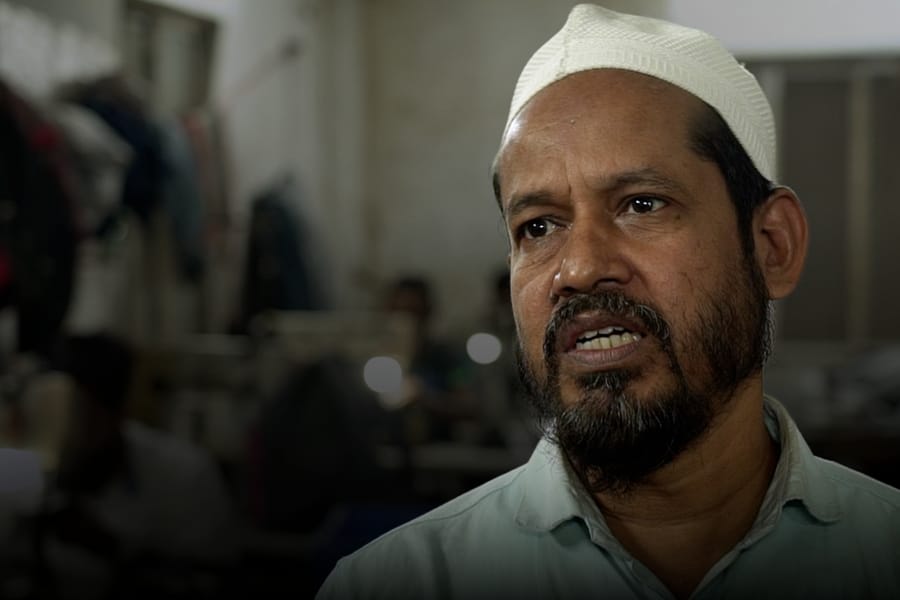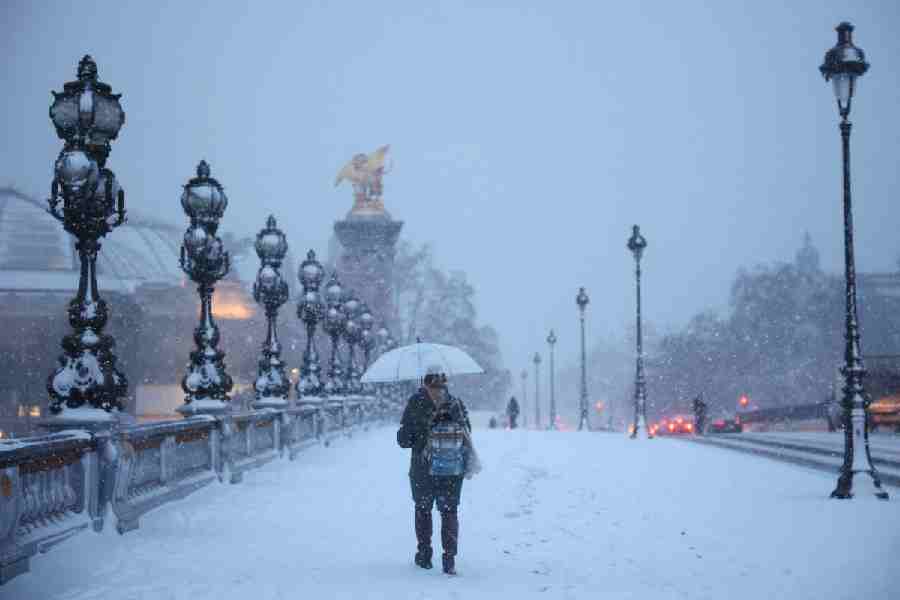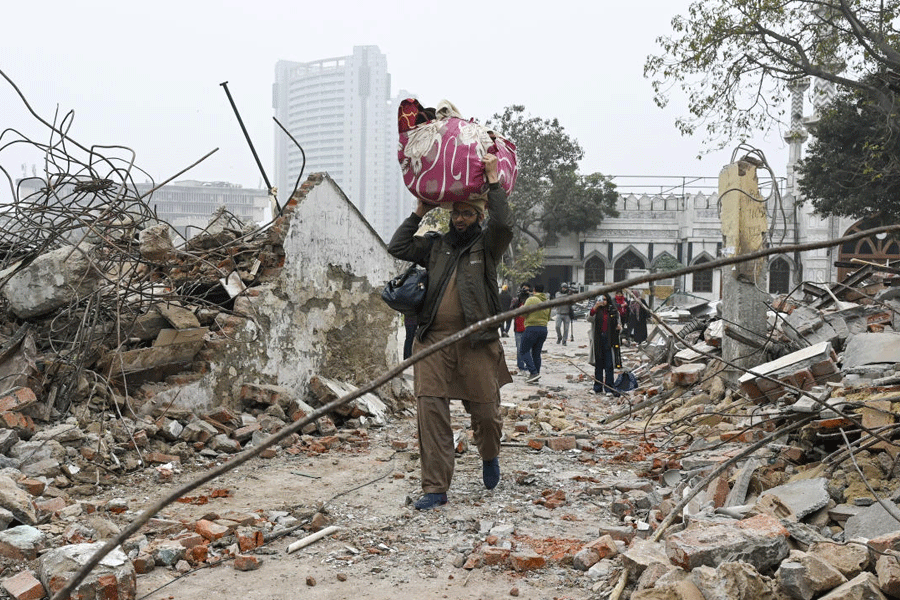
THE VEGETARIAN: A NOVEL By Han Kang, Portobello, £7.99
When Mr Cheong awoke one night, he found his wife changed into a monstrous vegetarian. Thus far Yeong-hye, his wife, had, in his own words, been "completely unremarkable"; the only unusual thing about her was that she did not like wearing a bra. There was, however, nothing unremarkable about Yeong-hye's dreams. A particularly gory one, filled with darkness and the stench of blood dripping from gashes of raw meat, provokes her to turn into a vegetarian.
The various stages of Yeong-hye's transformation - seemingly innocuous - from a "completely ordinary wife" to an "utterly unknowable" creature are narrated by her husband, her sister's husband and her sister. Yeong-hye herself finds a voice only in her macabre dreams. The husband, expectedly, is most concerned about his standing in society - having a vegetarian as your wife seems to be quite scandalous in South Korea. The brother-in-law, an artist who makes video installations, finds himself increasingly attracted to the uninhibited Yeong-hye - along with meat she also rejects societal impositions such as wearing clothes. He repeatedly fantasizes about the birthmark on her buttock. The sister, In-hye, who had been a silent witness to the violence perpetrated on Yeong-hye in their childhood, is the only one who manages to find some meaning in the latter's choices - but only in the midst of a personal crisis when she herself starts losing sleep over disturbing dreams.
Each of these characters tries to find meaning in Yeong-hye's decisions, and fails. In their failure lie not just society's inability to understand and accept our primal instincts, but also the inscrutable nature of individuals. Added to that, in the quasi-surreal world that Han Kang conjures up most of what is said is through interior monologues. As a result, the characters seem remote and unreachable. When they are not speaking in monologues, they are dreaming. Dreams form a narrative of their own in The Vegetarian.
As the novel progresses layer after layer of violence is revealed, most of it revolving around physical sustenance - meat-eating, sexual intercourse and even care-giving. There is the violence that humans inflict on animals, then there is the violence of men against women and also the violent force exerted on offspring by parents. The constant threat of violence in Yeong-hye's dreams may appear strange at first. One horrifying dream is about an actual incident that happened in her childhood. She dreams of the time she had been bitten by a dog. Her father scorched the dog, tied it to his motorcycle and made it run till it choked on the rope around its throat that was oozing blood. Yeong-hye was then forced to eat this dog while she thought of its tired eyes. In-hye says that Yeong-hye "had merely absorbed all her suffering inside her, deep into the marrow of her bones".
Yeong-hye is not the only one to have dreams, other characters dream violent dreams too. The demons of their desires are repressed and there is constant self-censuring of the transgressions - even though most of it happens only inside their heads. Mr Cheong dreams of killing someone and then peeling off the flesh and muscles so that only the bones remain. In-hye dreams of black rain in the woods and blood trickling down her forehead. Yeong-hye is the only one who abandons the so-called 'civilized' because of her dreams.
Besides violence the novel is also full of sex of dubious consent. It starts with domestic violence and stretches into the territory of arborphiliac obsession. Mr Cheong, who had never been attracted to his wife, forces himself on Yeong-hye when she refuses to have sex with him because he smells of meat. She curses at first, but next morning behaves as if nothing had happened. He continues forcing himself on her, deriving more pleasure than he ever had in his life. Women metamorphosing to escape rape is not new in literature -remember Daphne? Is it any wonder then that Yeong-hye sees herself turning into a tree? Yeong-hye's brother-in-law, the artist, is feverish with images of a man making love to her and wants to capture it on film. It's art for art's sake he claims. The boundaries between art and reality soon merge and he makes use of her attraction to flowers and plants to sleep with her.
What comes across on first reading as an indictment of patriarchy in Korea goes much deeper. An imposing father, a cruel husband, a dutiful sister and a forgiving but helpless mother, none of these figures is anything out of the ordinary. Yet there is something in Yeong-hye's single-minded rejection of all of them and her casual aloofness that lurks in the mind long after other details have faded away. Through her, Kang examines themes of personal agency, submission and subversion. The danger lies in viewing the novel through a predominantly Western lens. There is a world outside the mainstream Western literature that cares nothing about its politics, its trends or even its markets. An attempt to do so could amount to the imposition of a problematic normalcy on the bizarre world of The Vegetarian.
A palpable silence pervades the novel, the delicacy of which is shattered by vivid descriptions of violence. There is a lyricism to the bare tone that Deborah Smith, the translator, uses - at times the book reads almost like a poem. Was the original Korean novel as poignant? How do you judge a translated work when you do not know the language in which it was originally written. In any text the content is irrevocably tied to the style, there is no separating the two. The difficulty of translating is in the reconstruction of this relationship without the translator letting too much of herself into the translated work. While it is impossible for the non-Korean speaker to know how much of the novel is Smith and how much of it is Kang, but the end product is one that balances serenity with horror.
Although there is no denying Smith's talent with English, one wonders whether words like "philtrum" (it is the groove between the nose and the upper lip) were really necessary? Also can awkward silences "pepper" a conversation, is silence peppery enough to do that? Are such usages Smith's attempt to remain true to the Korean?
In spite of the obvious parallel that can be drawn with Kafka's Metamorphosis, it is the spectre of the hunger-artist that haunts the The Vegetarian. (Interestingly, Kafka himself had turned vegetarian and is believed to have once looked at a fish in the aquarium and said "Now at last I can look at you in peace; I don't eat you anymore.") Yeong-hye is the object of ridicule, horror and fascination, eventually fading away - literally, since she stops eating all together - till she ceases to matter to anyone anymore. Existence precedes essence in Jean-Paul Sartre, Yeong-hye gradually sheds her essence, isolating herself till she becomes something that exists without meaning, like the tree that she wants to turn into.

